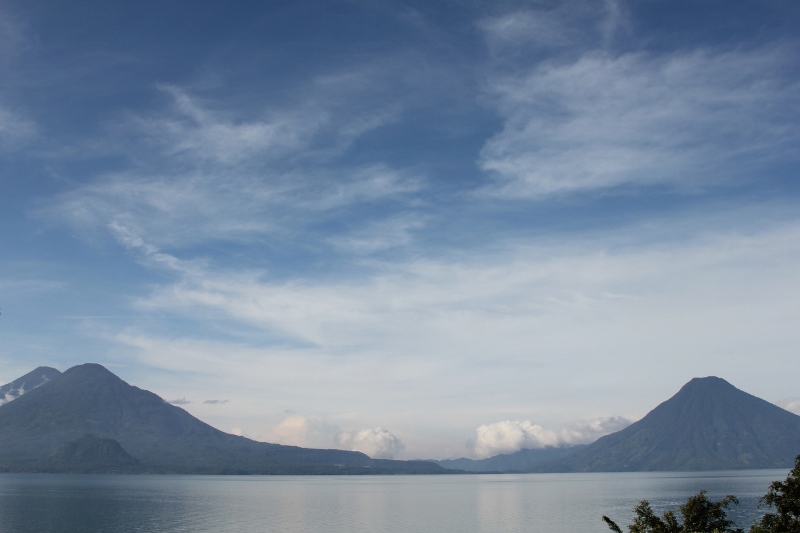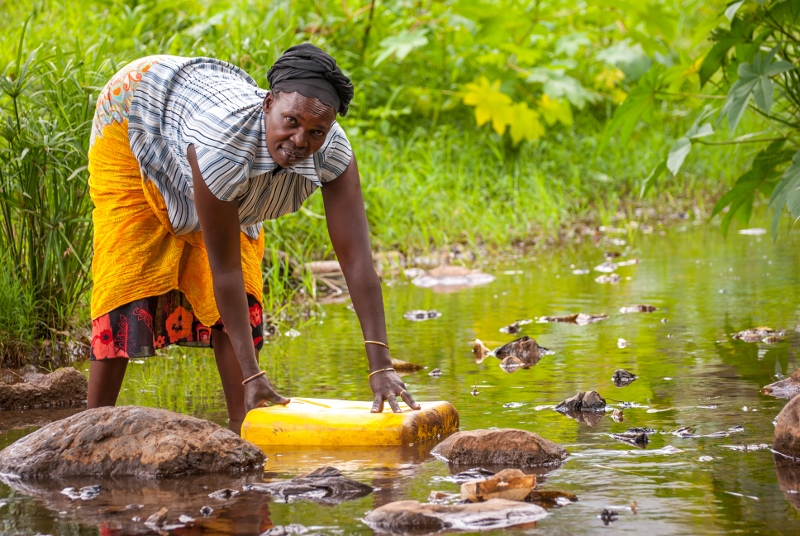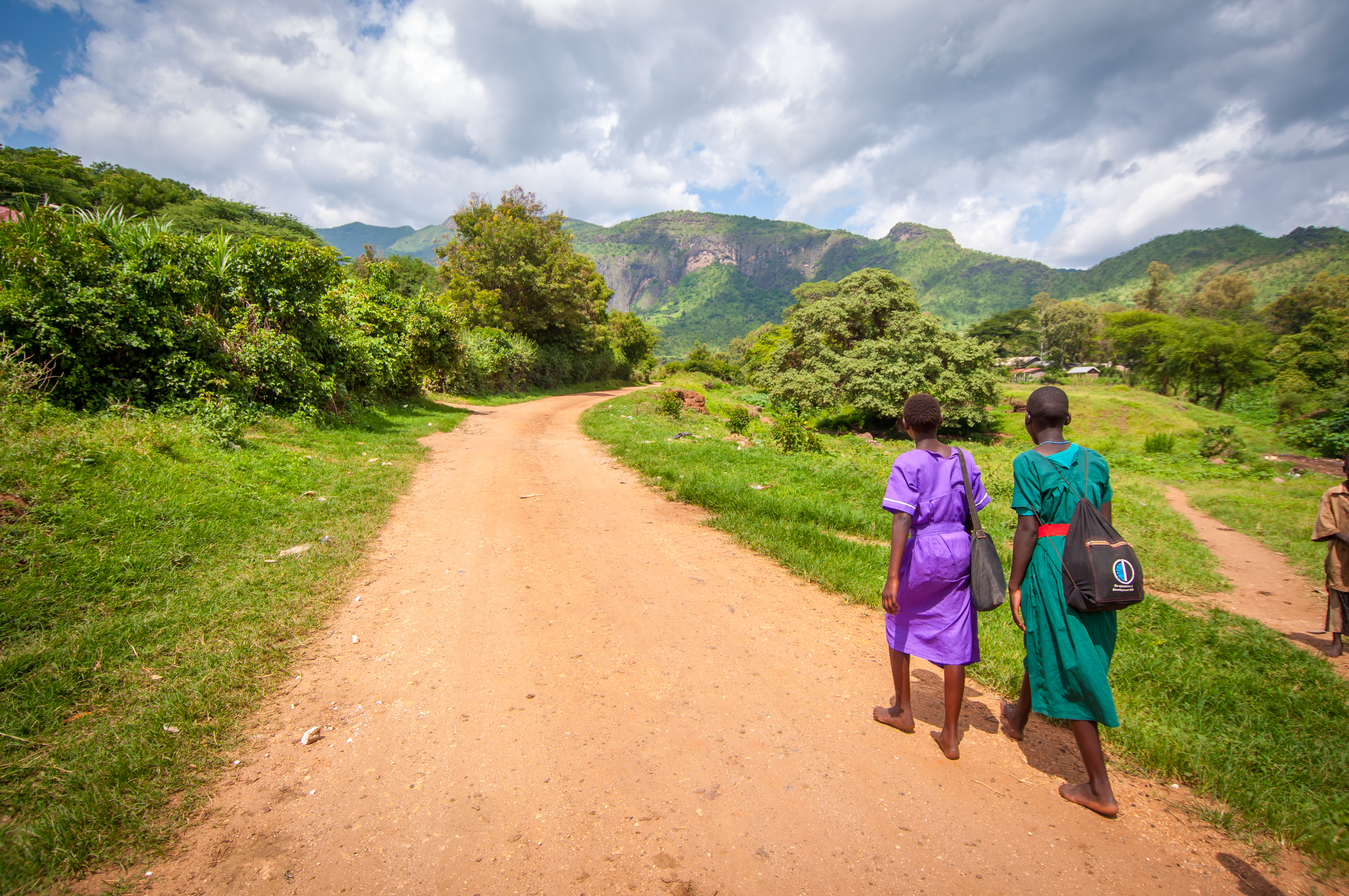Contemplating the river of mercy
Rachel McCarthy works in the CAFOD Theology Programme. She reflects on the journey of Lent in this Extraordinary Jubilee of Mercy.

As we celebrate the Extraordinary Jubilee of Mercy, we are called to reflect on God’s overflowing love for us all. In the pastoral letter Misericordiae Vultus, Pope Francis invites us to contemplate God’s mercy as “a spring that will never run dry, no matter how many people draw from it” #25. Lent offers an opportunity to draw from the wellsprings, to feel the refreshing waters pour over us, and to share this source of life and love with our neighbours.
The Year of Mercy is not something to be rushed into. For me, throwing ourselves into a sort of hurried anxiety to appear merciful to others would be missing the point. The holy year is, similarly to the season of Lent, more of a journey on which the Lord accompanies us.
To truly understand what it means to be merciful, we must first reflect on the mercy we have received from God. I recall a few times in my life when I have been touched by God’s mercy. One which stands out was when I was sitting on the ground, reflecting through imaginative contemplation on the story of a woman who was a sinner (Luke 7:36-50). The woman bends down to Jesus, her tears falling upon his feet and she wipes them away with her hair. Listening to the words of the Gospel with the summer’s breeze flowing through my hair, I felt the same feeling I do every year on kissing the Cross on Good Friday: an outpouring of love for God.
It is worth meditating on the words of the Gospel to understand the mystery of mercy. While they are at table together, Jesus says to Simon, “I tell you that her sins, many as they are, have been forgiven her, because she has shown such great love. It is someone who is forgiven little who shows little love” (Luke 7:47).
God looks upon us all with tenderness and compassion. Mercy is God’s fundamental gift to each and every one of us, and it makes us our hearts sing with joy. We give thanks for the abundant kindness we have been given, and we hope to show this love with others.
Our mission is to make the gift of the Father’s mercy a concrete reality for our neighbours, especially those who are living in poverty. Just as we have experienced the open and generous love that God has for us, let us, in turn, be open and generous in our love for others, both near and far.
Teko Anna from Uganda
Teko Anna lives with her children in a small village in the Karamoja region of Uganda.

Since her husband died a few years ago, she has worked harder than ever to provide for her children. It hasn’t been easy, and one of the biggest challenges was a lack of water.
There was a water pump in Teko Anna’s village, but it had long been broken. Her family needed water for their drinking, cleaning and washing. Every drop was precious. So she often left the house before dawn to walk to a water pump miles away. If only she could just turn on a tap.
With no other option, Teko Anna had to pull her two eldest daughters out of school to help her collect water.
One day, after walking for hours under the hot sun, her children reached the water pump but they were stopped from filling up their jerry cans. Water was so scarce that the villagers wanted to keep what little they had for themselves.
“It didn’t feel good” Teko Anna remembers. “I was so hurt when my children were turned away.” These are words from a mother who does all she can for her children. She saw the disappointment in their eyes, and she was moved with compassion and mercy.
Donate to give clean water to people living in poverty this Lent
After that day, Teko Anna resolved to protect her third daughter, 14-year-old Proscovia, from the burden of fetching water. She decided to send her to school so she could finish her education. “I thought I would find some way for us to cope without her” she said, “I would get help”.
Teko Anna did get help. Thankfully, she has fresh running water now that the water

pump in her village has been fixed. CAFOD has worked together with the community, sharing skills so they can look after it, keep it clean, and repair it if breaks again.
Teko Anna smiles as she thinks about how running water has transformed her family’s life. “I can go to the pump any time I need water” she explains. “All the children can go to school now. I want the future to be good for them.”
Reflecting on Teko Anna’s story, I am reminded of Pope Francis’ words: “the mercy of God is… a concrete reality with which he reveals his love as of that of a father or a mother, moved to the very depths out of love for their child.” Misericordiae Vultus #6.
May we be moved by the great river of mercy this Lent to transform the lives of our sisters and brothers around the world.